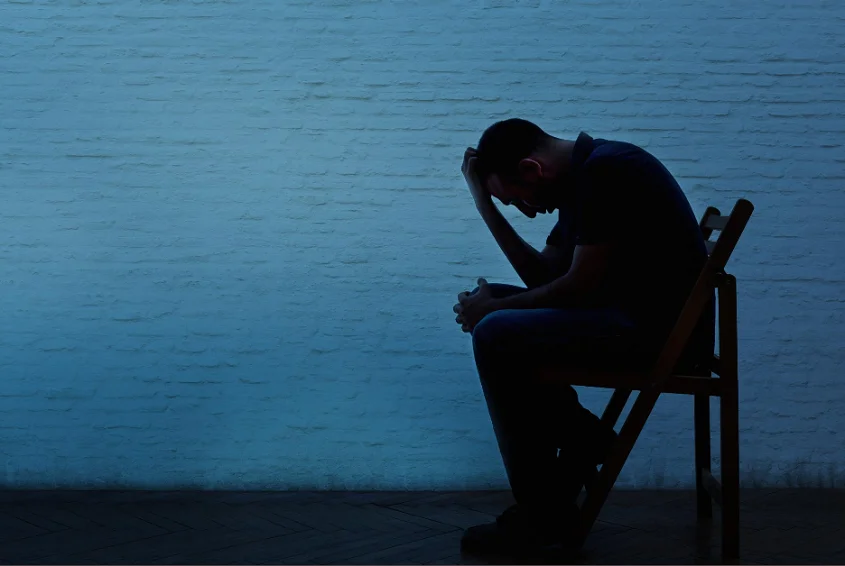What Are the Top 7 Most Common Co-Occuring Mental Health Disorders?
- Updated on: Aug 27, 2024
- 2 min Read
- Published on Aug 2, 2023

Someone who is suffering with their mental health is also susceptible to falling into drug and alcohol addiction. That is why treating co-occurring disorders is so important.
Here is a look at the most common co-occurring mental health disorders that are often seen in conjunction with substance abuse.
Eating disorders are a regular problem
It often happens that people who are using stimulants and diet pills, as well as taking alcohol to suppress their appetite will present with eating disorders such as bulimia and anorexia.
It is also a regular occurrence that someone might present with body dysmorphia.
Anxiety is frequently associated with addiction problems
When someone is living with frequent bouts of anxiety and panic attacks they tend to rely on drugs and alcohol as an intended coping mechanism.
Abuse of prescription anxiety medications is also on the rise. Generalized anxiety disorder is a consistent diagnosis that aligns with a dependency on drugs and alcohol.
PTSD can be at the heart of some people’s addiction problems
Post-Traumatic Stress Disorder (PTSD) is a debilitating co-occurring mental health problem that is strongly linked to abuse of alcohol or drugs.
This creates a vicious cycle of dependency and mental health problems that usually require professional treatment to resolve.
Someone with bipolar disorder is more vulnerable to addiction
Bipolar disorder is a specific mental illness that is driven by a chemical imbalance in the brain that results in a person experiencing severe instances of depression and mania.
Many of those with bipolar disorder self-medicate. This can often tip over into addiction.
Schizophrenia is one of the most severe mental health disorders
Of all of the co-occurring mental health disorders associated with substance abuse, it is probably schizophrenia that ranks as the most severe.
Individuals who are suffering from schizophrenia can experience delusions, bouts of psychosis, and hallucinations. They often find it hard to tell the difference between fantasy and reality.
Someone with a personality disorder will often turn to drugs and alcohol
There are various recognized personality disorders. Two of the most prominent are obsessive-compulsive disorder and borderline personality disorder.
The emotional imbalance created by these mental health conditions often leads to substance abuse as the person turns to drugs and alcohol as a way of coping.
ADHD impacts the younger generation the most
Attention deficit hyperactivity disorder (ADHD) is usually diagnosed in children and younger adults. Someone with this mental health disorder will experience problems with focusing on tasks and display impulsive and hyperactive behavior.
Young adults who have been diagnosed with ADHD may try to rely on drugs and alcohol to control their moods.
The relevance of identifying and understanding co-occurring mental health disorders is that it will allow patients to get the right treatment after they have had a dual diagnosis.
Treating both problems simultaneously is seen as the best way to achieve a positive outcome.












